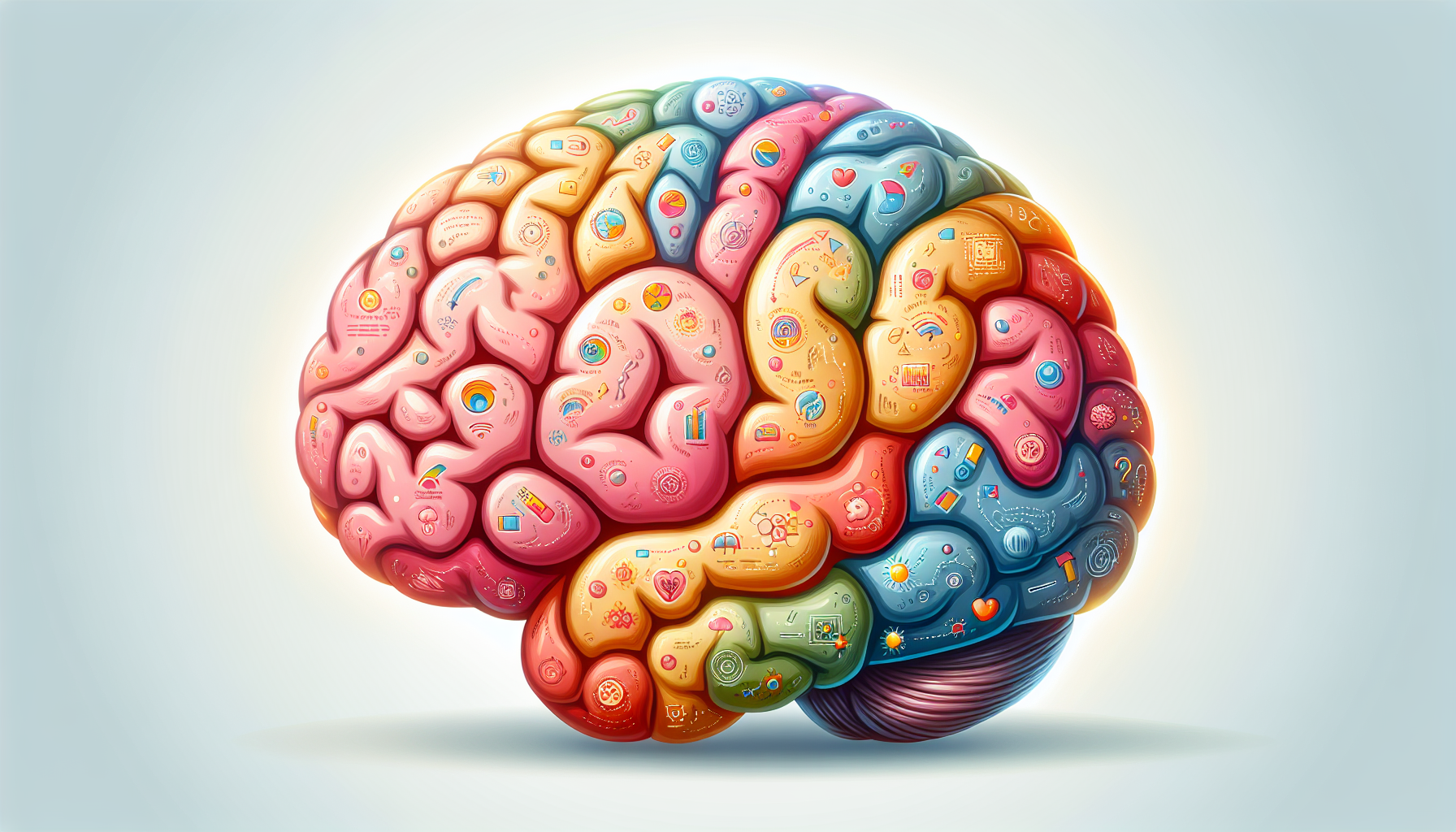The intricate connections between the brain and overall health are profound, especially when considering the management of chronic diseases. The human brain is not only the command center for thoughts and physical actions but also plays a crucial role in the regulation and maintenance of bodily functions. It’s increasingly clear that maintaining brain health can have a significant impact on the management and progression of chronic diseases.
Understanding Brain Health
Brain health refers to the ability of the brain to perform all its necessary functions, such as cognitive skills, motor function, emotional balance, and the regulation of bodily processes. The state of our brain health can be influenced by a variety of factors, including genetics, lifestyle, and environmental influences.
For those seeking to understand the broader context of health, the Brain Health section on Avix Health provides comprehensive insights into maintaining cognitive function and emotional well-being.
The Role of Brain Health in Chronic Disease Management
Chronic diseases such as diabetes, heart disease, and arthritis are not only a physical burden but also impact cognitive function and mental health. Research indicates that individuals with chronic diseases are at a higher risk of experiencing cognitive decline. This is because chronic diseases can lead to changes in the brain’s structure and function, resulting in impaired neural pathways and reduced cognitive abilities.
Cognitive Activity and Dementia
One of the key strategies in managing brain health amid chronic illness is cognitive activity. Engaging in mentally stimulating activities has been shown to potentially delay the onset of dementia. For a deeper exploration of this, the article Can Cognitive Activity Delay the Onset of Dementia offers valuable insights.
Art Therapy and Neurological Health
Another aspect of brain health in the context of chronic disease is the use of art therapy. This form of therapy can improve neurological health by reducing stress and anxiety while providing a creative outlet for expression. Understanding this can be furthered by reading about The Impact of Art Therapy on Neurological Health.
Hydration and Brain Energy
Hydration also plays a crucial role in maintaining brain energy levels. Sufficient fluid intake is essential to keep the brain functioning optimally, and this is especially important for individuals with chronic conditions. The effects of hydration on brain energy can be understood in detail by visiting Understanding the Link Between Hydration and Brain Energy Levels.
The Impact of Lifestyle on Brain Health
Lifestyle choices can significantly influence brain health and, by extension, the management of chronic diseases. Physical activity, diet, sleep, and stress management are all essential components of a brain-healthy lifestyle.
Physical Activity
Exercise is known to increase blood flow to the brain and promote the growth of new neurons. It also helps in building cognitive resilience, a crucial factor in the face of chronic illnesses. For those interested in endurance training’s role in cognitive function, Connections Between Physical Endurance Training and Cognitive Resilience provides an in-depth look.
Diet and Nutrition
A balanced diet, rich in antioxidants and omega-3 fatty acids, is vital for brain health. Essential nutrients can help reduce brain inflammation and boost cognitive function. To delve into the specific benefits of certain dietary components, consider reading about Optimizing Brain Function with Essential Fatty Acids.
Sleep Quality
Sleep plays a fundamental role in brain health. Chronic diseases often disrupt sleep, which can lead to a decline in cognitive abilities. Strategies to improve sleep quality can have a positive impact on brain health for those with chronic conditions.
Stress Management
Chronic stress can negatively impact brain function. Stress reduction techniques such as mindfulness and relaxation exercises can help manage stress levels, promoting better mental health and cognitive function.
Advanced Strategies for Brain Health
In addition to lifestyle changes, there are advanced strategies that individuals can adopt to improve brain health and manage chronic diseases more effectively.
Neurofeedback Training
Advances in cognitive health through neurofeedback training offer promising results. Neurofeedback is a type of biofeedback that helps individuals learn to alter their brain activity. More on this can be found in the article on Advances in Cognitive Health through Neurofeedback Training.
Musical and Creative Engagement
Engaging in musical training and creative writing has been shown to benefit cognitive function. These activities can enhance memory and cognitive flexibility, which are essential for managing the cognitive aspects of chronic diseases.
Binaural Beats
The use of binaural beats for brainwave synchronization is another area that has garnered attention. By listening to these auditory illusions, it is believed that one can induce states of relaxation, focus, or sleep, which could be beneficial for those with chronic conditions affecting their cognitive health.
External Resources for Further Reading
To provide a broader perspective on the topics discussed, here are a few niche resources that offer specialized information:
- The link between exercise and brain health is further supported by a study found on the National Institutes of Health (NIH) repository: Effects of Physical Exercise on Cognitive Functioning and Wellbeing.
- Insights into the importance of sleep and its impact on the brain can be explored through the Sleep Foundation’s resource: Sleep and Brain Health.
- For an in-depth understanding of how stress affects the brain, consider the American Psychological Association’s feature: Stress Effects on the Body.
Conclusion
The relationship between brain health and the management of chronic diseases is complex and multifaceted. By understanding this connection and taking proactive steps to maintain brain health through lifestyle modifications, advanced strategies, and supportive therapies, individuals can improve their quality of life and potentially slow the progression of cognitive decline associated with chronic illness. It is essential to remember that brain health is a critical component of overall wellness and should be given the same attention as physical health in the context of chronic disease management.



